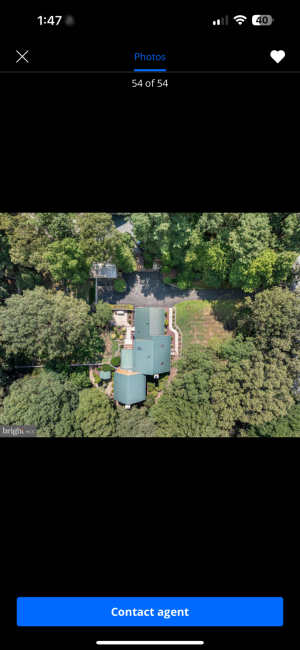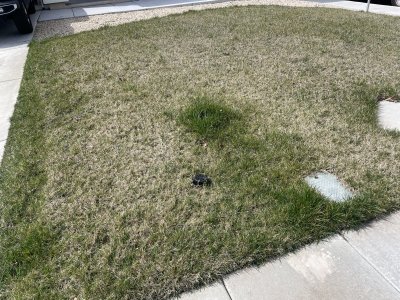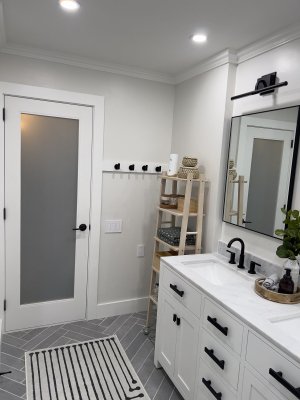For those of you that are landlords / rent out properties, do you follow the "1% rule" (rent = 1% of home price, so $200k house should bring in $2k in rent per month)? If so, do you ever have exceptions to that rule?
Just spitballing here, as I have no intentions of doing this right now.... but I currently own a home in the metro-Denver area and if I do decide to move, I'm considering renting it out versus selling it.
Just some quick numbers, but we purchased the home for $288k in May 2015. The last 3-4 years, home values have risen double-digit % each year . Rolled by an Open House this weekend, where a house very similar to ours 2 blocks over was listed for $329k. If my house could sell for even $320k this coming May (to make it 2 full years), the value would have increased by $32k. $32k / 24 months = about $1300 in value increase, per month.
Would a situation like this make it "worth it" to rent it out versus sell the home, even if it doesn't fall anywhere near the 1% rule? Even one year of renting it out would reduce the principal by around $6k (~$500 per month x 12 months). Add in the potential value increase of $1300 x 12 months = $15,600 value increase. $15,600 + $6,000 = ~$20k in "value" to me.
I know that you should never bank on on your property value increasing as part of the investment, but my research of the Denver market leads me to believe that there won't be any bubbles bursting anytime soon. I could see the market slowing some, but then again there is a unique situation here where there is a large demand / low supply of "entry level homes". There is a definite shortage of housing here, especially with the 100k or so new residents that move here each year. Additionally, most of the new build houses out here are not entry level homes - they are luxury homes ($500k+). It makes sense, as empty lots or even existing houses that are going to be scraped go for $200k, and a builder isn't going to scrape an existing structure just to build a $100k entry level home there to sell for $300k. Another factor is that there is an existing "building defect law" here that is pushing many builders away from building condos as they are on the hook for any defects for 10-years. So to avoid that, they just build apartment complexes instead.
Sorry for the rambling. Many people don't think its ever a good idea to become a landlord, especially if you are not managing the property yourself. Even more so when the "investment" doesn't prescribe to the 1% rule. I just wonder if the unique situation here would be worth it to try renting it out, even for a year, to see how it goes. I understand there are still costs to maintaining a property, that a tenant can trash your place, etc.... but will those costs exceed the potential $6k - $20k in value from paying down the principal / property value increase?




 the value would rise to say $340-$350k.... is it worth holding onto for an extra year, to gain another $20k+ in equity?
the value would rise to say $340-$350k.... is it worth holding onto for an extra year, to gain another $20k+ in equity? 


































